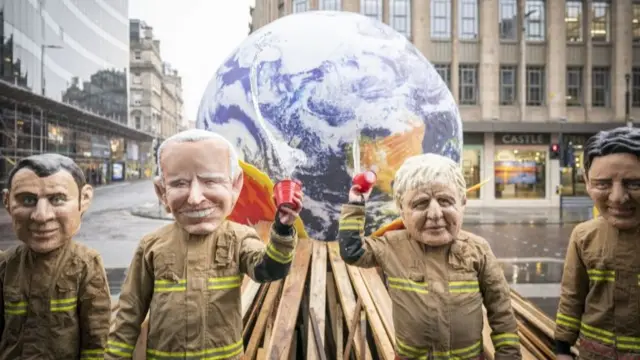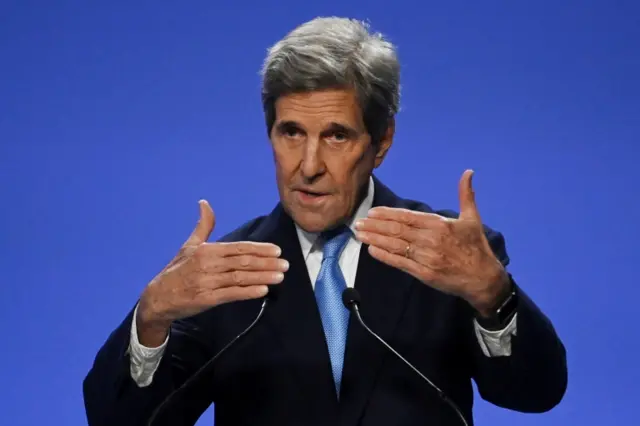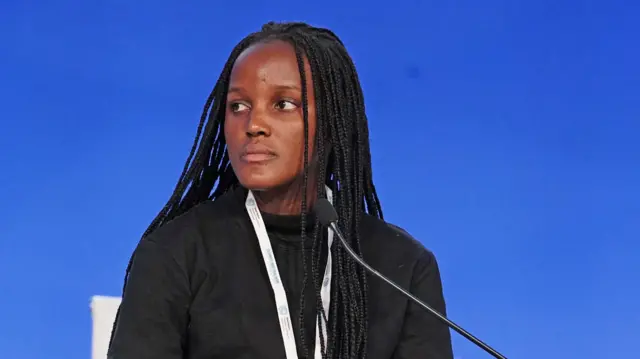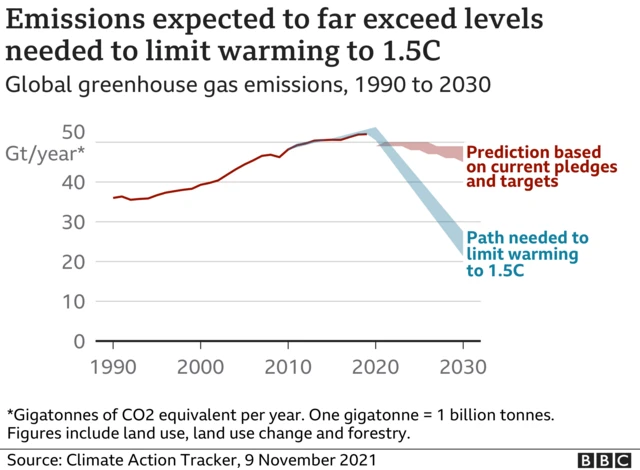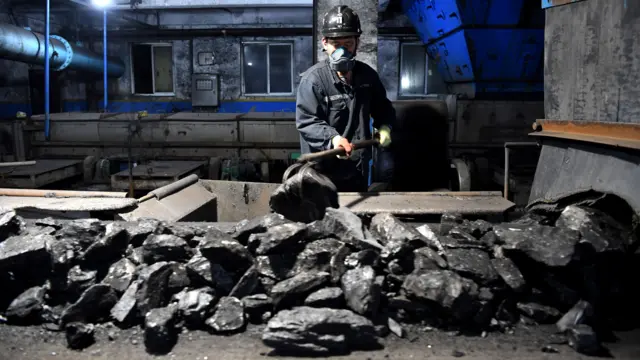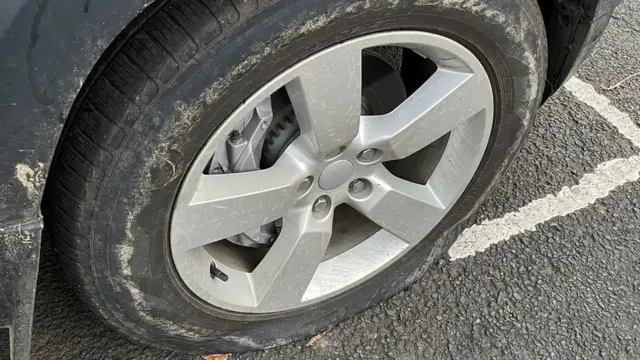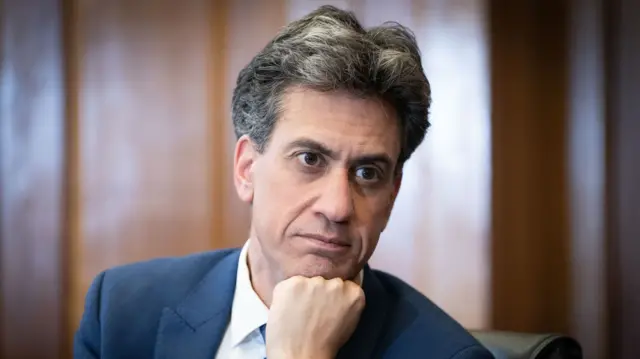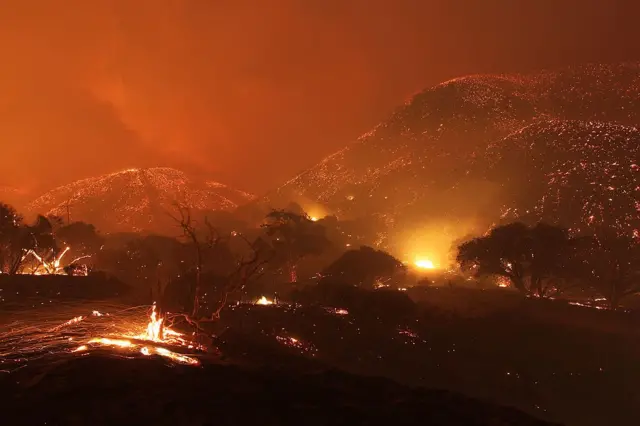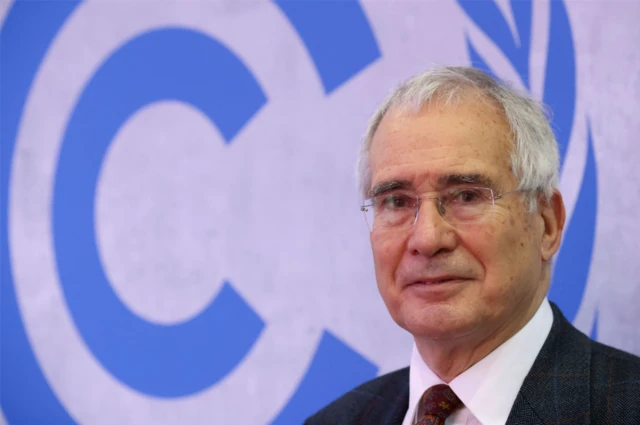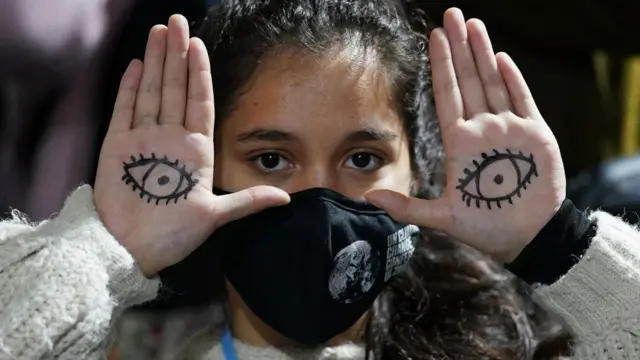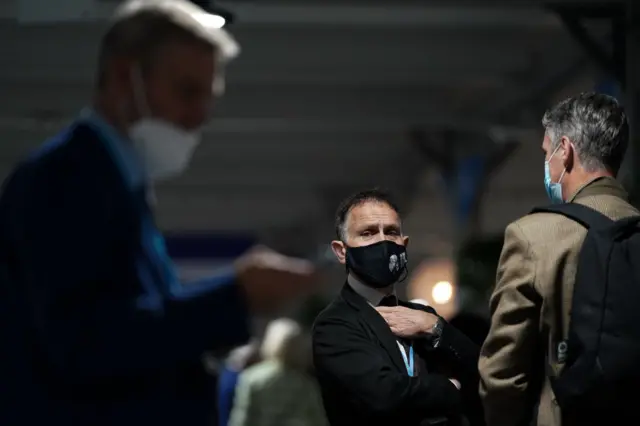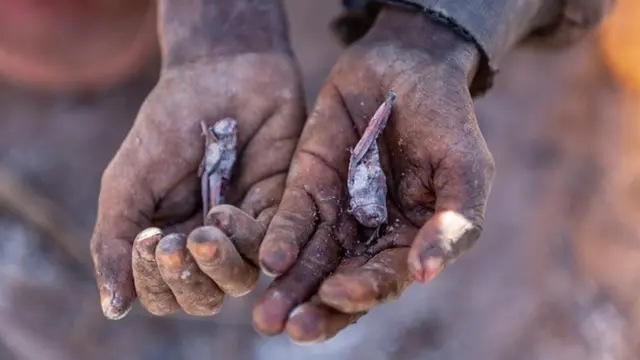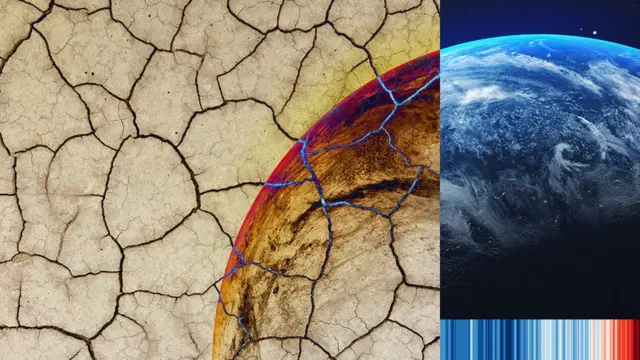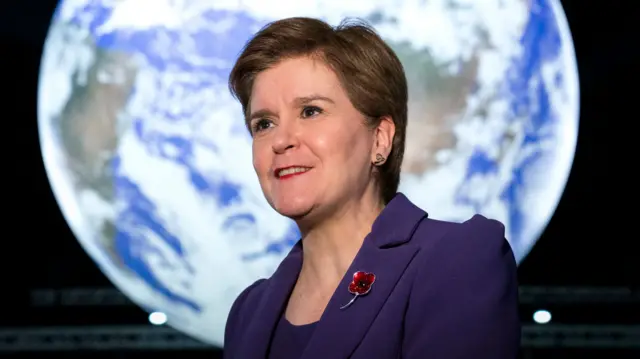Wales is shrinking - what can be done about it?published at 12:10 GMT 12 November 2021
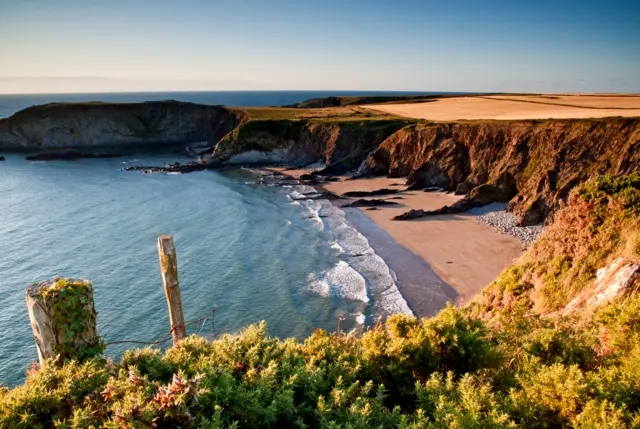 Image source, Getty Images
Image source, Getty ImagesIt's commonly used as a comparison to explain how large places around the world are, but the size of Wales is increasingly under threat from climate change.
Experts say the country's outline looks set to shrink over the next century, driven by rising sea levels, increasing coastal erosion and flooding caused by a warming planet.
An estimated 2,000 homes are at risk of falling into the sea because of erosion, while 36,000 more are under threat from coastal flooding by the end of the century if defences are not maintained.
Our colleagues at BBC Wales have been speaking to experts about the impact of climate change and how we can protect the nation's iconic coastline.
Read more here.
